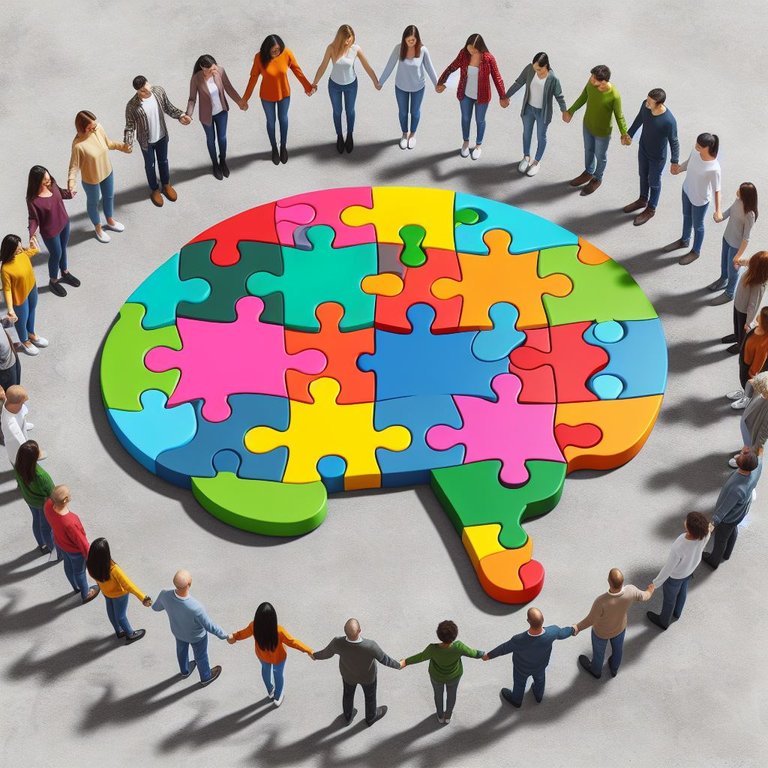In a world where physical health is openly discussed and prioritized, mental health often remains in the shadows, shrouded in silence and stigma. The fear of talking about mental health issues is pervasive, cutting across cultures and communities. This reluctance stems from various prejudices and misconceptions that have long been associated with mental illness.
The Stigma of Weakness
One of the most significant barriers to discussing mental health is the perception of weakness. Society often valorizes strength and resilience, leaving little room for vulnerability. Admitting to struggles with mental health can be seen as a sign of frailty, leading many to suffer in silence rather than seek help.
Misunderstanding and Misinformation
Lack of understanding about mental health conditions contributes to the fear of discussing them. Myths and misinformation can lead to the belief that mental health issues are rare, self-inflicted, or a result of personal failure. This misinformation fosters fear and judgment, deterring open conversations.
Cultural Taboos
In many cultures, mental health issues are taboo subjects. Cultural norms may dictate that personal and family matters should be kept private, and mental illness can be seen as a source of shame that could tarnish a family's reputation.
Fear of Discrimination
Individuals may fear that disclosing a mental health condition could lead to discrimination in the workplace, social exclusion, or strained relationships. The concern over being treated differently or unfairly is a powerful deterrent against speaking out.
The Path Forward
To overcome these fears, it is crucial to educate and raise awareness about mental health. Normalizing discussions around mental well-being, promoting empathy, and providing accurate information can help dismantle the stigma. Encouraging stories of recovery and support can also inspire others to open up and seek assistance.
In conclusion, the fear of talking about mental health is rooted in deep-seated prejudices and misunderstandings. By addressing the stigma and fostering a more inclusive and informed society, we can create a safe space for individuals to share their experiences and access the support they need. It's time to break the silence and embrace mental health as an integral part of our overall well-being.

Congratulations @chmartinez! You have completed the following achievement on the Hive blockchain And have been rewarded with New badge(s)
Your next target is to reach 50 upvotes.
You can view your badges on your board and compare yourself to others in the Ranking
If you no longer want to receive notifications, reply to this comment with the word
STOPCheck out our last posts:
Hello.
There is reasonable evidence that this article is machine-generated. We would appreciate it if you could avoid publishing AI-generated content (full or partial texts, art, etc.).
Thank you.
Guide: AI-Generated Content = Not Original Content
If you believe this comment is in error, please contact us in #appeals in Discord.